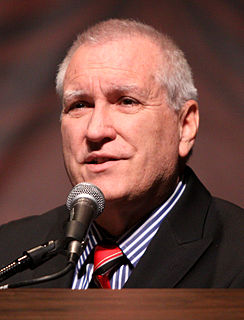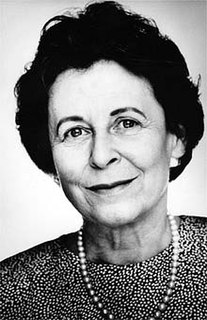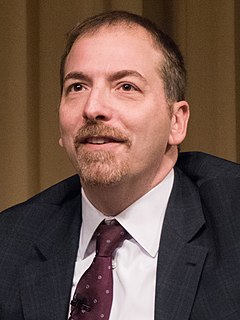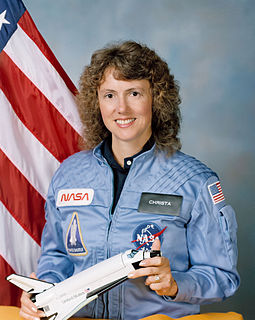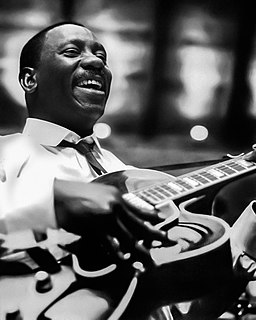A Quote by Chris Matthews
It was fascinating what a total interest he [John F. Kennedy] had in his tradecraft of being a politician. I didn't realize before that he was working on his memoirs all along, how he ran for Congress, that sort of thing.
Related Quotes
He ran as he'd never run before, with neither hope nor despair. He ran because the world was divided into opposites and his side had already been chosen for him, his only choice being whether or not to play his part with heart and courage. He ran because fate had placed him in a position of responsibility and he had accepted the burden. He ran because his self-respect required it. He ran because he loved his friends and this was the only thing he could do to end the madness that was killing and maiming them.
Public image is extremely important in American society and I observed personally that the Presidency of John F. Kennedy did much in the public mind for Harvard. Harvard was an excellent school before Kennedy, but Kennedy embodied a new vision for the United States: a leader who caught the world's imagination and that reflected on his alma mater, Harvard.
People don't realize what a brilliant politician Lincoln was. Looking back, we want to ascribe a level of providence to his every decision but he was a cunning and calculating politician; from the cultivation of his image as a hayseed from Illinois, to his ability to keep this country together under dire circumstances.
You know, John Coltrane has been sort of a god to me. Seems like, in a way, he didn't get the inspiration out of other musicians. He had it. When you hear a cat do a thing like that, you got to go along with him. I think I heard Coltrane before I really got close to Miles [Davis]. Miles had a tricky way of playing his horn that I didn't understand as much as I did Coltrane. I really didn't understand what Coltrane was doing, but it was so exciting the thing that he was doing.
Srinivasa Ramanujan was the strangest man in all of mathematics, probably in the entire history of science. He has been compared to a bursting supernova, illuminating the darkest, most profound corners of mathematics, before being tragically struck down by tuberculosis at the age of 33, like Riemann before him. Working in total isolation from the main currents of his field, he was able to rederive 100 years' worth of Western mathematics on his own. The tragedy of his life is that much of his work was wasted rediscovering known mathematics.


